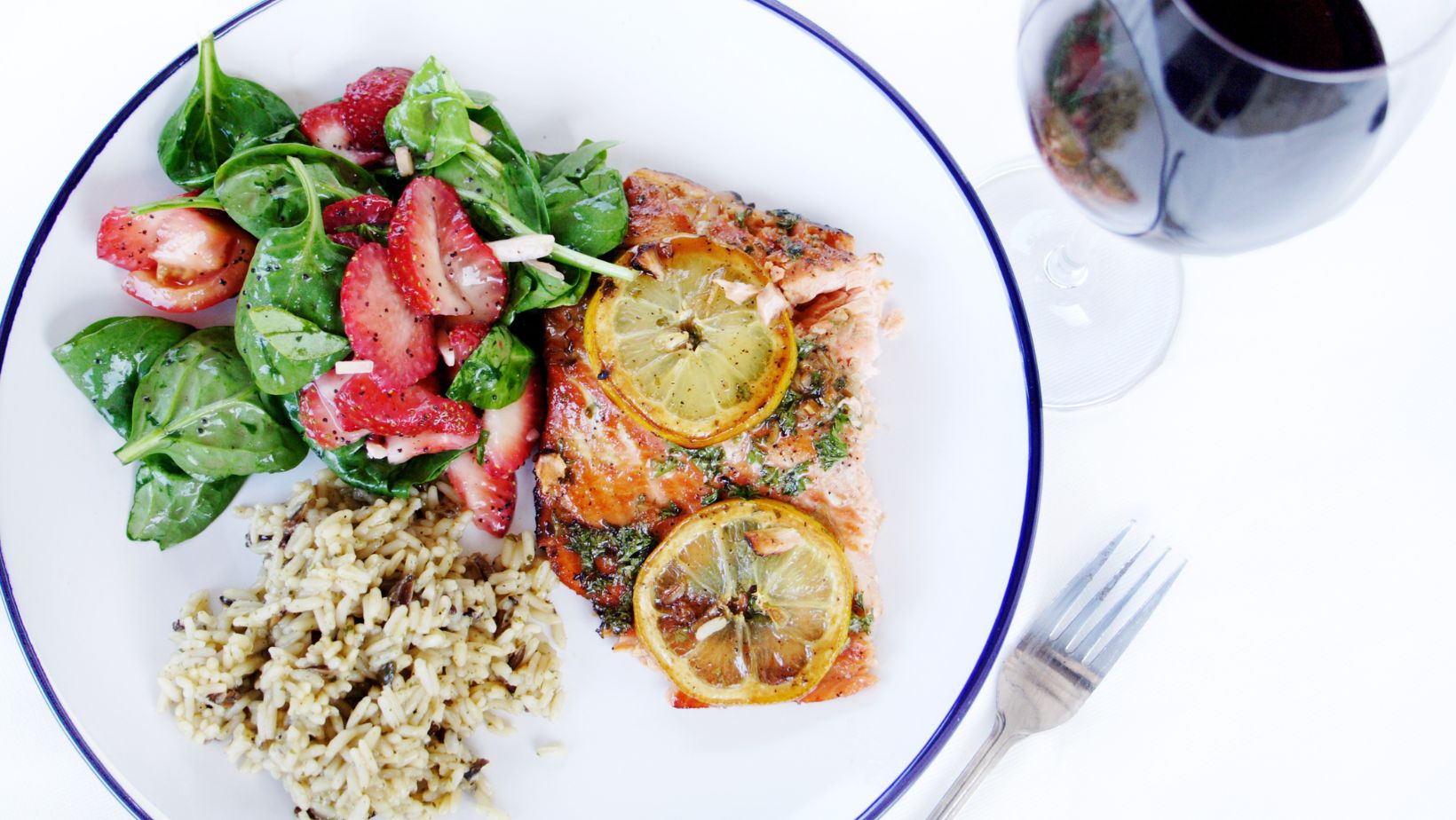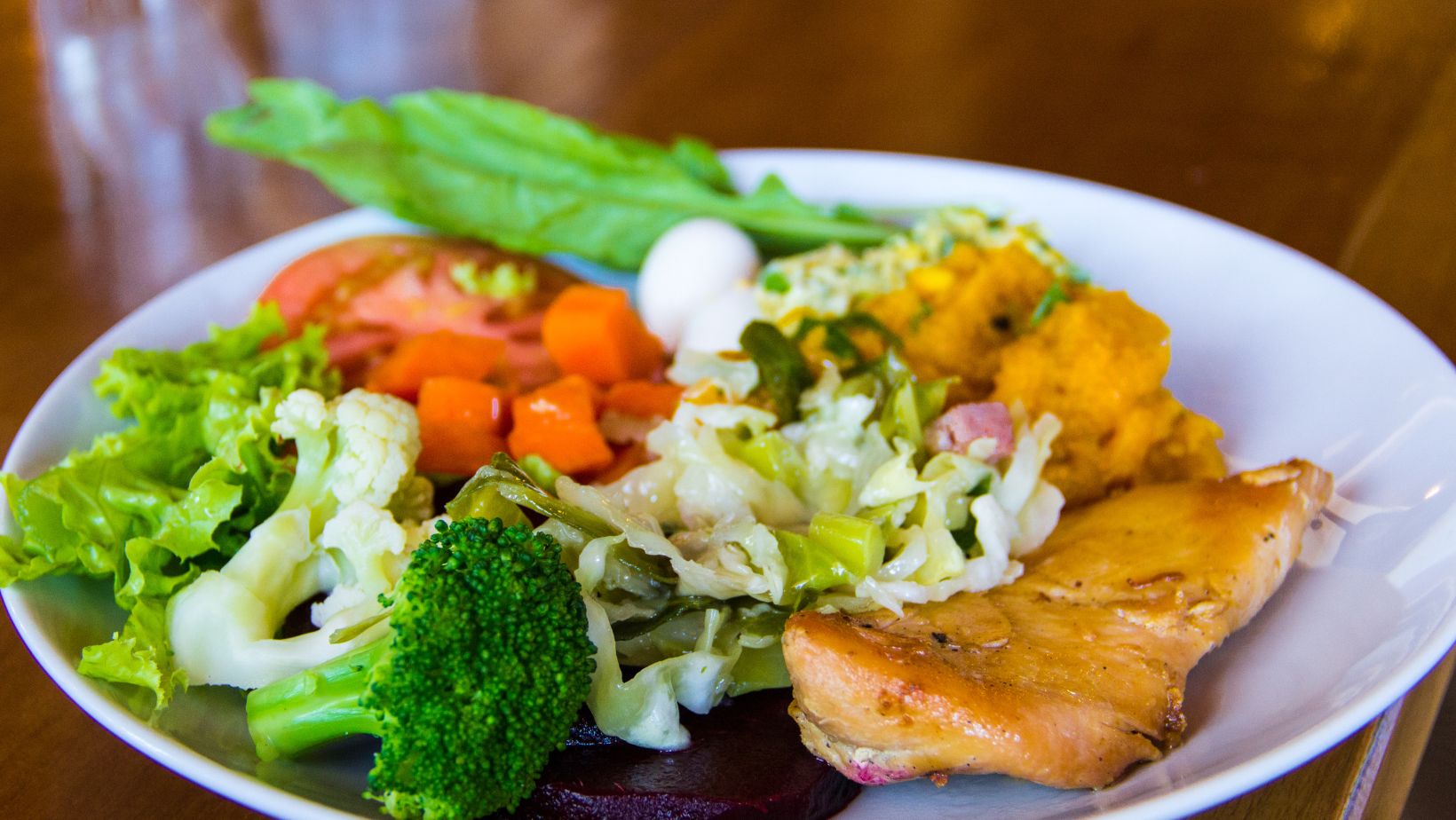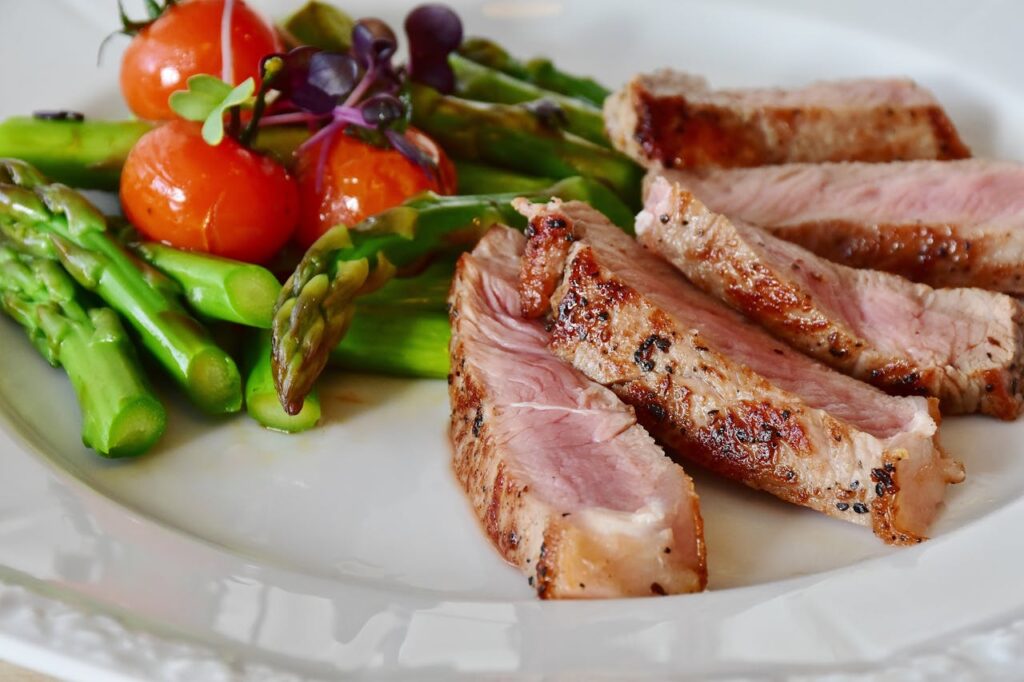If you haven’t watched a lot of races, let me tell you, being a jockey is a tough job. Professional races might last for a couple of minutes, but it usually takes them years to prepare for big events and some lifestyle changes that dictate what they eat during their professional career, special training regime, and more.
As you probably already know, jockeys need to meet strict weight limits. On top of that, being lightweight means that the horse could run faster and possibly get a better position.
This means goodbye to late-night snacks, sweets, bread, beer, and more delicious things that we regular people enjoy.
Jockeys are on a special diet their entire life, and they really need to be careful about what they eat, especially before races. You wouldn’t want to have an upset stomach minutes before a race therefore strict meals are essential.
Unfortunately, not all jockeys are transparent with their diet before the match. We will dive deeper into the world of horse racing and find out more about jockeys and their diet before big events.
The Breakfast of Champions: Pre-Race Meals
Jockeys’ pre-race nutrition can often resemble that of other endurance athletes but with a razor-sharp focus on maintaining an extremely low weight. All of these are important for later determining the form of jockeys that bettors take into consideration when looking at the horse racing betting strategies by TwinSpires.com. Typically, their meals are designed to provide sufficient energy without adding unnecessary pounds. Here’s a snapshot of their usual pre-race dietary habits:

Hydration: Before anything else, hydration is key. Jockeys drink plenty of water and sometimes electrolyte drinks to stay hydrated without bloating. Dehydration is a common issue, given the rigorous demands of weight management.
Carbohydrates: A light, carbohydrate-rich breakfast like oatmeal or a banana can provide the necessary energy without excess weight. Carbs are the primary energy source, and jockeys need just enough to sustain them through their physically demanding races.
Protein: Lean protein sources like egg whites or a small portion of chicken breast can help maintain muscle mass and repair tissues. However, protein intake is typically kept minimal to avoid adding bulk.
Supplements: Many jockeys also rely on supplements to ensure they’re getting all the necessary nutrients without the calories that come with food. Multivitamins and amino acid supplements are common.
Snacks and Nibbles
Throughout the day, jockeys often opt for small, frequent snacks rather than large meals. This helps keep their energy levels stable and their stomachs light. Common choices include:
- Fruits: High in vitamins and low in calories, fruits like apples and berries are perfect for quick energy.
- Nuts and Seeds: A handful of almonds or sunflower seeds can provide a quick energy boost and essential fats.
- Energy Bars: Specially formulated low-calorie energy bars are a convenient way to get a balanced mix of carbs, protein, and fats without going overboard on calories.
Weight Management
Keeping weight in check is a constant struggle for jockeys. Some less-than-ideal behaviors are brought on by the pressure to satisfy weight restrictions.
A Liverpool John Moores University research claims that a lot of jockeys continue to engage in “weight-making” techniques such as extreme calorie restriction and dehydration. Still, there’s a rising focus on healthy approaches, thanks to improved support systems and education.
The Role of Professional Nutritionists
More jockeys are collaborating with dietitians in the industry to create diet plans that fit their hectic schedules. These professionals guide people through the challenges of preserving their health and fitness while keeping a low weight.
For example, the British Horseracing Authority has started a number of initiatives to help jockeys eat better and maintain better general health.
The Reality Check: Long-Term Health Consequences
Despite advancements, the life of a jockey is fraught with physical challenges. A study from Oxford University highlighted that around 30% of male flat jockeys have reduced bone density, a stark contrast to the general population’s 2.5%.
This points to the long-term health risks associated with the extreme weight management practices many jockeys endure.
So, What’s On The Menu?
To summarize, here’s a breakdown of what jockeys typically consume before a race:
Breakfast:
- Oatmeal or a banana
- Egg whites or a small portion of chicken breast
- Plenty of water and possibly electrolyte drinks
Snacks:
- Fruits like apples and berries
- Nuts and seeds (in moderation)
- Low-calorie energy bars
Supplements:
- Multivitamins
- Amino acids
Final Words
Jockeys’ incredibly hard nutritional regime is a testament to their dedication and the extreme lengths they go in order to compete in the big horse racing league. All of their meals are carefully planned to give them the necessary calories and energy that they need for the day, without gaining weight.
It’s important to mention that all professional jockeys have the support of nutritionists just because eating like a jockey is tough, especially in the long run. These nutritionists are here to make sure that jockeys maintain weight and have optimum energy for performing without compromising their long-term health.
So, the next time you see a jockey win a race, try to appreciate them even more. They went through a lot of hardship in order to lift the trophy.
